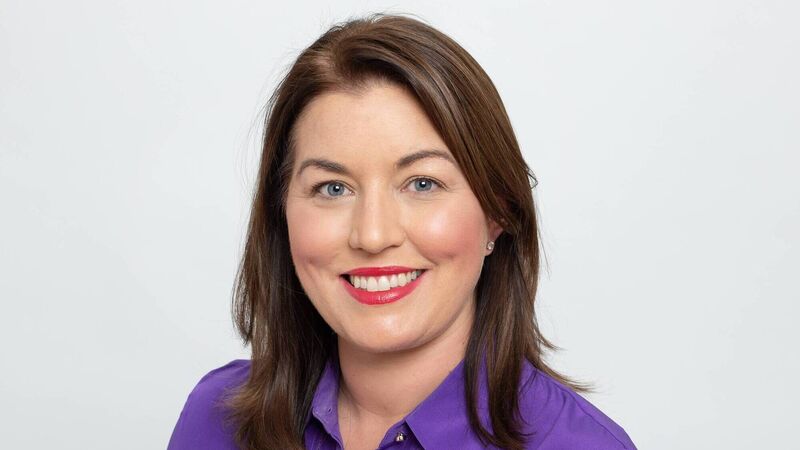Expansion of in-pregnancy testing for rare genetic conditions

Dr Sam Doyle said the test results can help parents avoid “a diagnostic odyssey” for answers when a child is born with a rare condition. Picture: Bryan James Brophy
Parents who think their baby may have a rare genetic condition can now access in-pregnancy testing to get a diagnosis which allows them better prepare for their child.
So far prenatal genomics services are only available at the National Maternity Hospital (NMH), for public and private patients, but it is hoped to expand this nationally with funding from the HSE.










